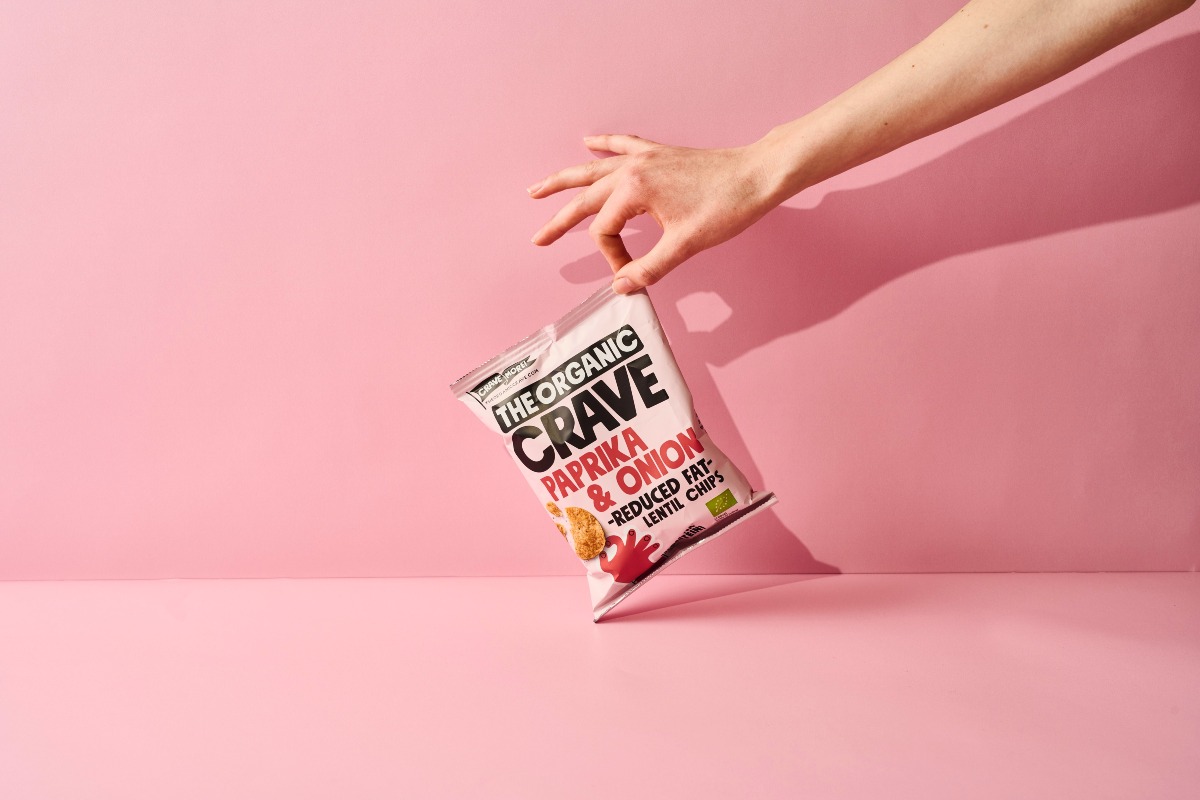
Craving and wanting do not mean the same thing. When you want something, you desire it; when you crave something, you have a deep need much stronger than wanting; it becomes almost a compulsion. In treatment and recovery, craving is uncomfortable and can consume your life.
What Causes Cravings?
Anything can trigger a craving, even something as subtle as a smell or a feeling. Cravings can happen for any substance and can happen at any time in early recovery or very late in recovery after staying sober. Stress, a happy occasion, a location, or failing to care for yourself can contribute to a powerful craving that can result in relapse.
How Can Cravings Be Controlled or Managed?
- Redirect your attention and distract yourself for the 10-15 minutes a craving last
- If a place is triggering a craving, remove yourself
- Look at how your thinking is adding to the craving and focus on something else
- Exercise the craving away; take a walk to distract yourself
- Meditate daily and whenever you feel uncomfortable, use mindfulness
- Instead of focusing on the craving, focus on why you got sober in the first place
- Volunteer, look for, and give peer support
- Plan in advance for how you will handle a craving, and then fall back on your plan
- Actively use and adjust your treatment plan to avoid traps and triggers
Do Sleep, Diet, and Exercise Help?
The short answer is yes.
- Sleep: A regular sleep routine is crucial. The brain regulates your sleep and wake-up time; it is important to keep things balanced. It is also important to go to bed and wake up at the same time daily, including on weekends.
- Diet: Start your day with breakfast and avoid caffeine. Eat small meals and snacks throughout the day; this will help control blood sugar levels and avoid cravings. Eat plenty of protein and a healthy variety of foods, including vegetables and fruit. Drink water and avoid sugar or pair it with protein to avoid unstable blood sugar levels.
- Exercise: Exercise is a great use of time. Exercise helps your mood, reduces anxiety, improves willpower, and helps you forget your craving within 20 minutes.
Substances that cause cravings are due to their presence in the brain, which causes changes in brain function. At The Guest House, we understand that changes create a new imbalance once the substance is gone, resulting in a craving for the substance. Our therapies aim to address memories of pleasant effects or stress relief that can trigger cravings. Our treatment plans include conventional and holistic practices to ensure you have the foundations necessary for addressing cravings and bringing balance into your recovery. For help, call us today at (855) 483-7800.